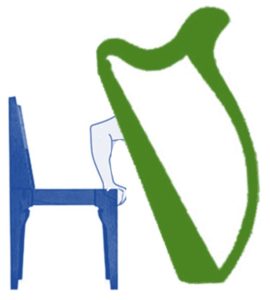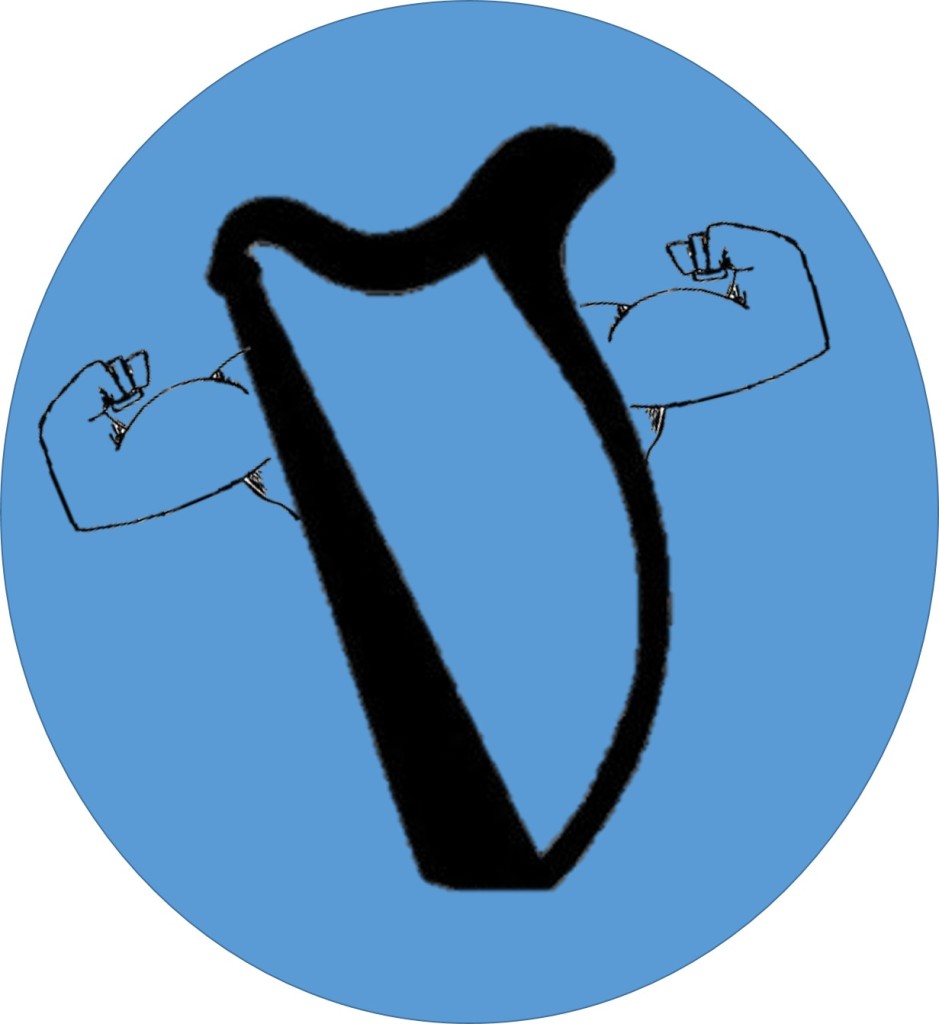It’s July and we’re about half way through the year. It is a good time to check in and see how we’re doing. While it is a good exercise to review goals, it is also an excellent time to review other important things. Especially those that we take for granted and think are taking care of themselves! Let’s start with….Posture!
 Your posture really is the core of all your playing. That’s not just a play on words. Being able to hold yourself upright and to keep your arms up but relaxed, your hands in an appropriate position, and keep your core tight all take work. Are you ready for that work?
Your posture really is the core of all your playing. That’s not just a play on words. Being able to hold yourself upright and to keep your arms up but relaxed, your hands in an appropriate position, and keep your core tight all take work. Are you ready for that work?
There are numerous resources available providing methods for strengthening your core. By incorporating appropriate exercises to strengthen your core you’ll be able to sit up straight with good balance for as long as needed with less fatigue. That means that your next long background gig will be easier. And your long practice session will definitely be easier to sit through. Your core works while you’re sitting and supports your back and your hips. A strong core will also help you avoid curling into the harp while you’re playing which can cause strain on the neck and increasing the possibility of injuring yourself. It also will provide you with the stable base from which you can build your good technique.
Of course, a strong core will also be good for you away from the harp assuring your balance and stability are better whether you’re carrying your harp or walking down the street. Strengthening your core isn’t just sit ups! Spend a little time online to learn ways to get stronger so you can play as long as you like!
* I am, of course, not an exercise physiologist or a physician – but you already knew that! Consult your physician before undertaking any exercise program. Don’t do any of this if your physician tells you not to. Seek specific advice from qualified individuals. This information is presented for educational purposes only. It does not replace or substitute professional advice from your physician, certified trainer, or any other health-care professional. Use of the information on this site is solely at your own risk. Don’t be daft – get the right help and don’t hurt yourself!






